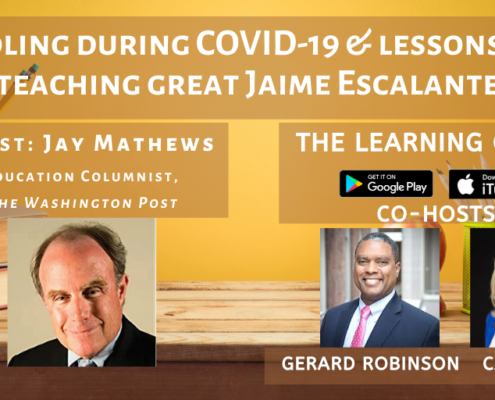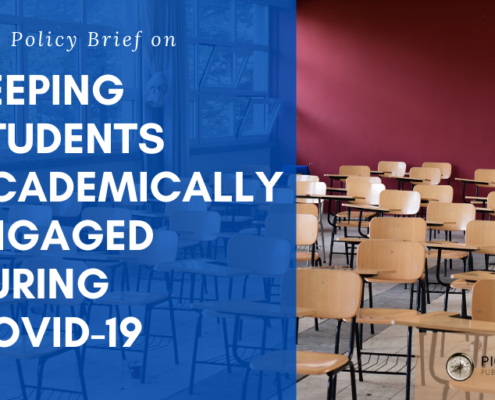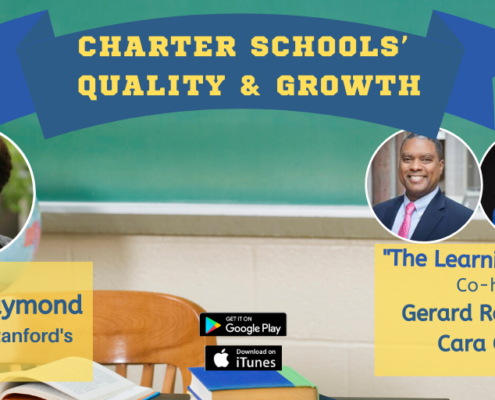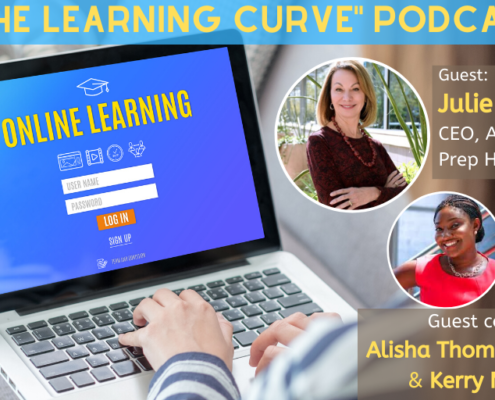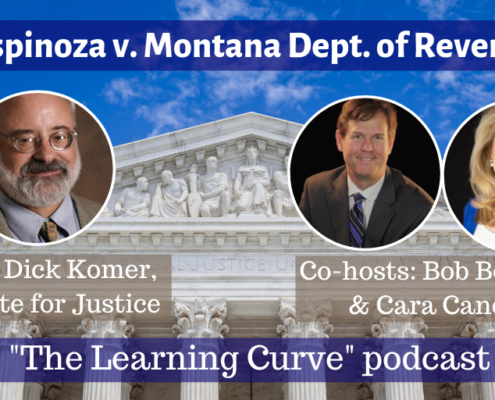Study: Signs of Progress at Madison Park, but Still a Long Way to Go
New Pioneer report reviews enrollment, graduation, and absenteeism rates as well as academic performance, at Boston’s only vocational-technical school
BOSTON – Four years after it began to implement a turnaround plan, Boston’s Madison Park Technical Vocational High School is showing clear signs of progress, but its performance continues to lag behind that of other vocational-technical schools in Massachusetts, according to a new study published by Pioneer Institute.
“Madison Park is improving,” said Jamie Gass, Pioneer’s director of education research and policy. “But a great deal of additional work and leadership from the state and district will be needed for the school to effectively prepare students for both careers and post-secondary education.”
Madison Park was designated as a Level 4, or “underperforming,” school by the Massachusetts Department of Elementary and Secondary Education (DESE) in December 2015. School officials developed a turnaround plan, which began to be implemented in June 2016.
In “Madison Park Technical Vocational High School Turnaround Update,” author William Donovan reports that the school had for a period suffered from unstable leadership.
Kevin McCaskill has been serving as executive director of the school for the past five years, but has taken a position in the Boston Public Schools (BPS) central office. Though he remains as executive director and interim headmaster at Madison Park, this change raises questions about succession and the future stability of leadership at the school.
There are also questions about BPS’ commitment to Madison Park. The BPS has urged that vocational programs be offered at 22 other city high schools. The programs often duplicate those offered at Madison Park and depress enrollment at the school.
Performance on several metrics has improved during the turnaround. Madison Park’s graduation rate has risen from 57 percent in 2017 to 68 percent last year. During that time the dropout rate fell from over 6 percent to less than 5 percent.
During the 2018-19 school year the chronic absenteeism rate (students who miss school at least 10 percent of the time) was 47 percent. The following year it fell to 32 percent.
Madison Park’s enrollment declined by about half between 2005 and 2017, but has climbed by 17 percent over the last three years.
Despite these encouraging signs, Madison Park is still behind other Massachusetts vocational-technical schools academically. Its MCAS scores rank at or near the bottom in all categories and it remains the worst performer in terms of graduation and dropout rates.
Madison Park faces demographic challenges. During the 2019-20 school year, 92 percent of its 1,021 students were classified as “high needs” and 94 percent were students of color. According to 2018-2019 academic year data, about 73 percent were economically disadvantaged, the highest of any voc-tech school in Massachusetts. Just over 30 percent of its students had disabilities and about 35 percent were English language learners.
Comparing Madison Park to two of the highest performing regional vocational technical schools, 0.2 percent of the students at Blackstone Valley Regional Vocational Technical High School in Upton are English language learners and more than 78 percent of the students at Assabet Valley Regional Technical High School in Marlborough are white.
A 2018 report from the New England Association of Schools and Colleges, a regional accreditation association, found that expenditures at Madison Park were less than all but one of eight comparable voc-techs in the region, and per-pupil spending was more than 20 percent below the average of the eight.
As the Lynn Vocational Technical Institute (LVTI) demonstrates, turnarounds are possible at high-need vocational technical high schools. LVTI’s student body was only slightly less challenged than Madison Park’s.
Kevin McCaskill leads the Madison Park turnaround and led one at the Roger L. Putnam Vocational Technical Academy in Springfield. While at Madison Park, he has instituted several new programs.
“MCAS Bootcamp” strengthens students’ English, math and science skills in preparation for state exams. English and math results have been mixed, but the percentage of students scoring “Proficient” in science has more than doubled and the percentage in the “Needs Improvement” category has fallen.
“RoxMAPP” allows students in grades 10-12 to earn college credits while still in high school. Since the 2014-15 school year, the number of students participating in the program has risen from 15 to 83 and total credits earned have jumped from 45 to 716. Two students have earned associate’s degrees before graduating from Madison Park.
Among Donovan’s recommendations are that Madison Park be granted more autonomy. He calls for the school to become an independent district with its own school committee, as is the case with most successful vocational-technical schools in Massachusetts.
Until such autonomy can be achieved, it’s important that the BPS superintendent be a champion for the school. Support from the top was critical to the Lynn Vocational Technical Institute turnaround. Related to that, Madison Park must obtain resources to hire the personnel who can address the unique needs of the school’s student body.
Donovan also recommends that Madison Park continue to expand early college options. Under RoxMAPP, Madison Park partners with Bunker Hill Community College, Roxbury Community College, Wentworth Institute of Technology, and Benjamin Franklin Institute of Technology. The program has been a resounding success and should be expanded to include other local colleges.
Finally, the Boston School Committee should approve a new admissions policy that has already been approved by the DESE. The policy is similar to that used by other Massachusetts voc-techs and would ensure that students enrolled at Madison Park are those who want to take advantage of the opportunities offered by career vocational technical education.
About the Author
William Donovan is a former staff writer with the Providence Journal in Rhode Island where he wrote about business and government. He has taught business journalism in the graduate programs at Boston University and Northeastern University. He received his undergraduate degree from Boston College and his master’s degree in journalism from American University in Washington, D.C.
About Pioneer
Mission
Pioneer Institute develops and communicates dynamic ideas that advance prosperity and a vibrant civic life in Massachusetts and beyond.
Vision
Success for Pioneer is when the citizens of our state and nation prosper and our society thrives because we enjoy world-class options in education, healthcare, transportation and economic opportunity, and when our government is limited, accountable and transparent.
Values
Pioneer believes that America is at its best when our citizenry is well-educated, committed to liberty, personal responsibility, and free enterprise, and both willing and able to test their beliefs based on facts and the free exchange of ideas.
Get Updates on Our Education Research
Related Posts








